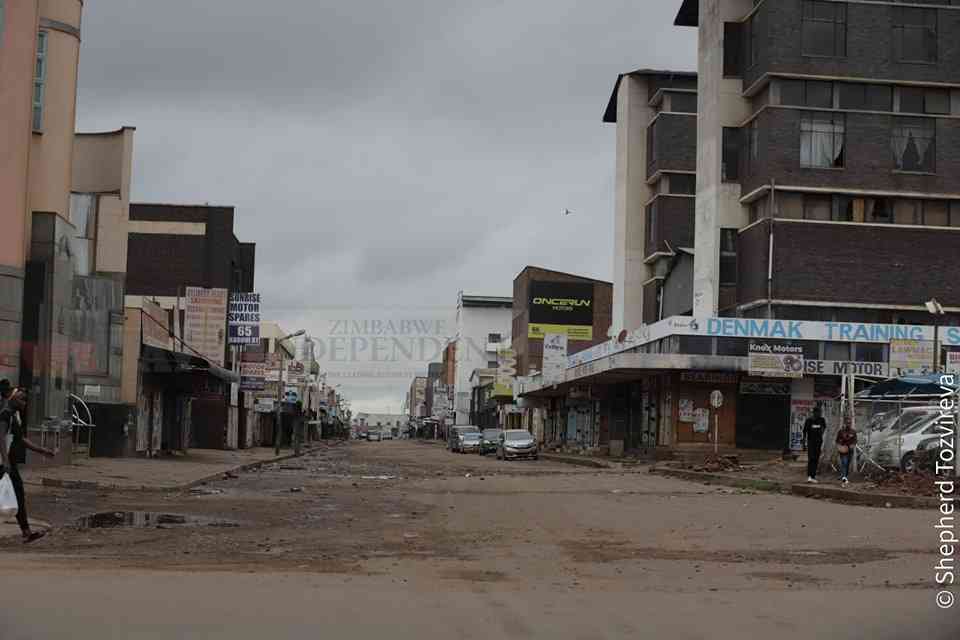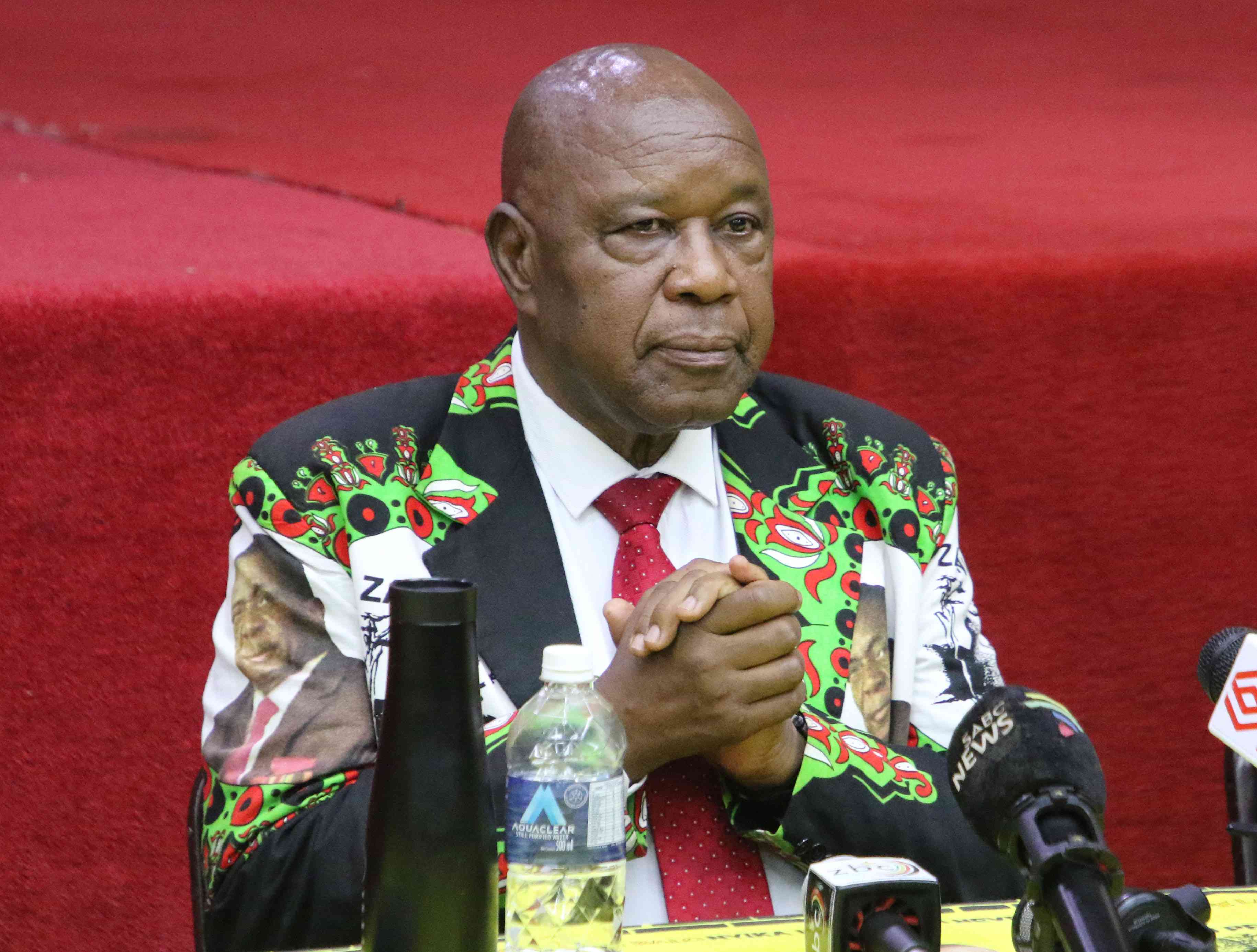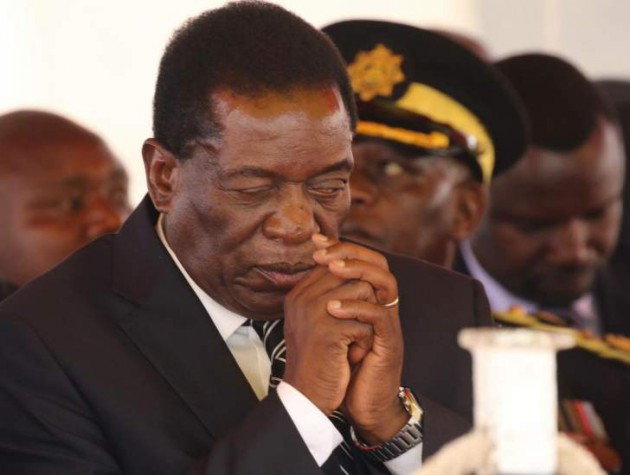
In a world increasingly characterised by interdependence, the concept of a "fusion economy" captures the intricate web of global markets and the powerful forces that shape them.
As nations grapple with the effects of climate change, financial upheavals, and evolving trade paradigms, the fusion economy presents both unprecedented opportunities and significant challenges.
Experts warn that understanding this complex landscape is crucial to harnessing its potential without triggering further chaos.
The 21st-century economy has evolved into a dynamic environment where decisions made in one corner of the globe can ripple across continents. With major economies like China and India witnessing rapid growth, the benefits are often counterbalanced by environmental degradation and rising food insecurity.
Historically, economic growth was viewed through a straightforward lens—improved efficiency led to enhanced productivity and living standards.
However, the 2008 U.S. subprime mortgage crisis revealed the vulnerabilities of interconnected financial systems, causing a global credit crunch that demonstrated how quickly stability could unravel. It was a wake-up call for the entire financial system.
The fusion economy's impact extends beyond finance, with environmental crises, such as intensified hurricanes and the destruction of critical ecosystems, becoming increasingly prominent.
Economic decisions made thousands of miles away can result in immediate repercussions for local communities.
- Young entrepreneur dreams big
- Chibuku NeShamwari holds onto ethos of culture
- Health talk: Be wary of measles, its a deadly disease
- Macheso, Dhewa inspired me: Chinembiri
Keep Reading
Maria Lopez, an environmental policy advisor, points to the unintended consequences of the race for biofuels as an example: "We thought we were solving one problem only to create another. Every decision has repercussions that can spiral out of control."
As the landscape shifts, traditional investment approaches are becoming obsolete. Investors are now navigating a complex web of global markets, where a downturn in one area can trigger cascading sell-offs elsewhere.
The Covid-19 pandemic starkly illustrated this interdependence, revealing the fragility of global supply chains. What began as a regional health crisis soon escalated into a global economic upheaval, underscoring the importance of resilience and adaptability in modern economies.
Moreover the pandemic highlighting the risks of over-reliance on international trade and the importance of diversifying supply chains and demonstrated how economic activity in one region can have far-reaching impacts on other regions, emphasizing the need for global cooperation and coordination.
The vulnerability of global value chains to disruptions, underscoring the importance of building resilience and flexibility into these chains, and accelerated the shift to digital technologies, and the importance of investing in digital infrastructure to support remote work, e-commerce, and other digital activities.
While challenges abound, there are also glimmers of hope, particularly in emerging markets. Africa, with its GDP projected to hit US$3.4 trillion by 2025, is expanding its trade relationships and reducing dependency on traditional trading partners.
Driven by a youthful population, the continent's consumer markets are poised for rapid growth.
However, African economies remain vulnerable to external shocks, including fluctuating commodity prices and trade tensions.
As we gaze out at the African economic landscape, we're met with a complex tapestry of challenges and opportunities.
Despite the uncertainty that clouds the horizon, one thing is clear: Africa's economies are poised for growth.
Climate-related disruptions to agriculture and energy production, and persistent political instability have all taken their toll on Africa's real GDP growth, which slowed to 3.1% in 2023.
Yet, even in the face of these headwinds, the medium-term outlook remains positive. Growth is expected to rebound to 4.3% in 2025, driven by improving global economic conditions and effective policy measures.
This growth resurgence will be fueled by the strong resilience of African economies, with 40 countries set to achieve higher growth rates relative to 2024 levels.
However, despite these positive trends, Africa still faces significant hurdles on the path to sustainable economic and social transformation.
Historical growth rates have been insufficient to offset population increases, leading to minimal gains in per capita GDP.
Structural transformation has been limited, with economies heavily reliant on traditional, low-productivity sectors.
As we look ahead to 2025, Africa is poised for modest economic growth, driven by major economies such as Nigeria, Egypt, and South Africa.
The continent's economic growth is forecast to improve from 3.4 %in 2024 to 3.7% in 2025 and further to 4.0% in 2026. This positive trajectory reflects recoveries in key economies and ongoing efforts toward regional integration under the African Continental Free Trade Area (AfCFTA).
The AfCFTA presents a game-changing opportunity for African nations to enhance intra-African trade and promote economic development.
However, the current state of many local economies raises questions about their preparedness for a more competitive landscape.
To unlock the full potential of the AfCFTA, African economies must first confront their existing challenges and develop strategies to overcome them.
Projections indicate that the AfCFTA could increase intra-African trade by a staggering 52%. However, to realise this potential, African economies must be willing to adapt, innovate, and push beyond their current limits. The future of Africa's economic development hangs in the balance – and the possibilities are endless.
In Zimbabwe, a nation at a critical juncture in its economic journey, the ongoing threat of climate change poses serious risks.
The recent Country Climate Development Report has raised alarms about the economic costs of climate inaction.
Yet, the country also holds significant reserves of energy transition minerals, presenting a unique opportunity to integrate into global value chains.
Forecasts indicate a rebound in Zimbabwe's economy, with government projections of 4.9% to 6.2% growth this year, driven by agriculture, mining, and infrastructure development.
Zimbabwe's economy is poised for a significant rebound in 2025, with forecasted growth rates ranging from 4.9% to 6.2% according to Africa development bank and IMF.
This optimism is fueled by a strong agricultural rebound, increased mining investments, and rapid public infrastructure development said Chiedza Madzima during CZI Economic outlook symposium.
The country's net financial accounts have been on a positive trajectory over the past three years, driven by growing foreign investment from the United Arab Emirates, China, and South Africa.
Agriculture is expected to play a crucial role in Zimbabwe's economic growth, with a projected 12.8% expansion in agricultural output.
The country's gold output is also expected to be strong, amid rising prices on the international markets.
Despite these promising projections, Zimbabwe faces challenges such as high business costs and inadequate electricity supply, which hinder investment and economic transformation.
To achieve our goal of becoming an upper-middle-income economy by 2030, we must sustain consistent growth and leverage the private sector's potential.
The fusion economy encapsulates the dualities of opportunity and uncertainty inherent in today’s global landscape.
It challenges us to rethink our economic strategies and prioritize sustainability within our decision-making processes.
As we stand at the crossroads of profound change, the critical question remains: Can we effectively harness the energy of the fusion economy without igniting further chaos?
Our ability to adapt, innovate, and prioritize the welfare of our communities will ultimately dictate the course of our economic future.
In navigating this complex tapestry of global macroeconomic dynamics, a collective commitment to resilience and sustainability is not just prudent; it is essential.
*Nyawo is a development practitioner, writer and public speaker.
These articles are coordinated by Lovemore Kadenge, an independent consultant, managing consultan of Zawale Consultants (Private) Limited, past president of the Zimbabwe Economics Society and past president of Chartered Governance & Accountancy Institute in Zimbabwe.










